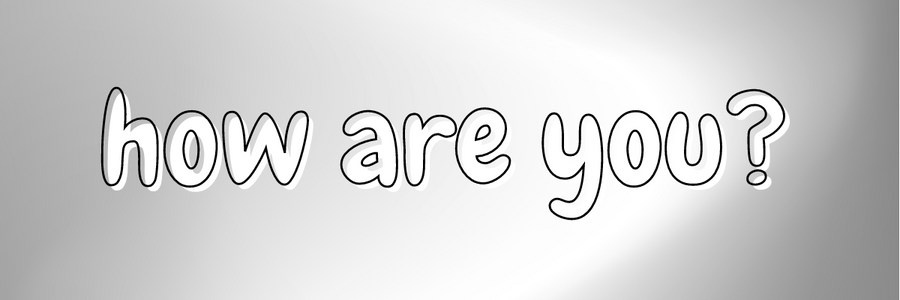You might hear it called across campus on the way to class, whispered through masks at the start of lectures and meetings, uttered as a shallow greeting between dining hall acquaintances or colleagues — “How are you?” — but what are we actually asking, and what response are we looking for? When we instinctively answer, “I’m doing well,” what do we mean and how do we measure the well-being we cite? Market economies, governments, policymakers, journalists, and society at large have sought to answer these questions by defining well-being on their own terms — money, material, mental health — and in the context of their own conceptions of value and productivity. “How Are You?”, the Harvard Political Review’s Spring 2022 magazine cycle aims to explore such answers at the individual, national, and translational levels, analyzing human well-being in an ever-shrinking yet ever-expanding world.
This issue was developed and pitched by the Harvard Political Review’s 2021 Culture Section editors Sraavya Sambara ’24 and Amen Gashaw ’24, who now serve as the publication’s Associate Managing Editor and Senior Covers Editor respectively. “We were very interested in interrogating a simple idea,” said Sambara when asked about their inspiration for the magazine’s theme. “I wanted to understand better how our notions of well-being motivate us to act in certain ways, and also how we construct the parameters of well-being in the first place.” Gashaw shared a similar sentiment, saying, “So much about well-being is lost in platitudes and statistics, and because the HPR has yet to dedicate an issue to the concerted exploration of mental health, community and international development, or wellness broadly, it was the perfect opportunity to do what hadn’t yet been done.”
“How Are You?” is, in many ways, a companion to the HPR’s Fall 2021 cycle “I Am,” which asked writers to answer piercing questions about identity in a diverse yet divided society. Where “I Am” asked writers and readers who they were, though, this Spring cycle asks them how they are and how their fellow students, citizens, and humans are at Harvard, nationwide, and around the world. It’s a simple inquiry, but one with profound implications.
Learn more about the writers who made this cycle possible below.





















